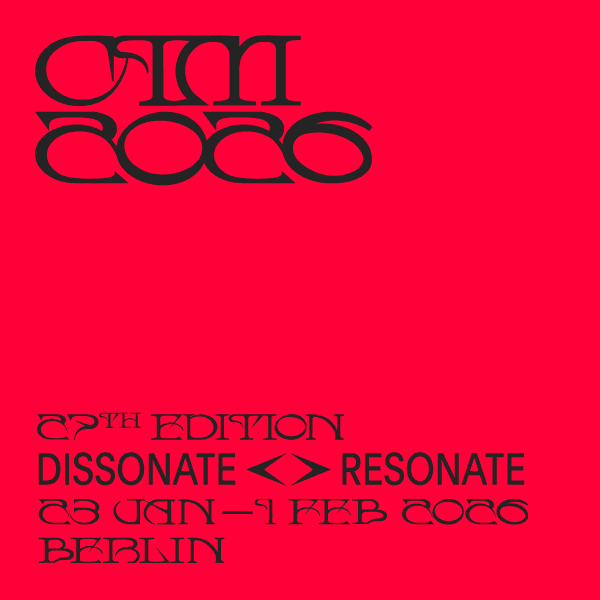The Danish Music Review
The Danish Musie Review
Hilding Rosenberg and "The Island of Happiness"
(245-249)
Kajsa Rootzén, the Swedish musiccritic outlines the background for the latest opera "The Island of Happiness" by the, great Swedish composer Hilding Rosenberg which had its first performance in Stockholm in 1945. The author characterizes the opera the libretto of which is founded on the, play of P.D.A. Atterbom, the, Swedish romantie poet. The author writes:
"Apart. from certain faults in the, intonation as regards the recitation and a too rigid instrumental treatnient of the, voices the music has been composed with great ability, imagination, and fineness. It is hardly homogeneous in its style, but it produces an impression of movement and variability and in the third aet it is of foreeful intensity. Especially laudable, is the, orchestral instrumentation which is not only masterly balanced in itself but also in proportion to the, voices. Where the, composer uses the full orchestra, it is only for the purpose of charaeterization, for in the accompaniment proper to the theatrical development no over Nvhelmingly powerful orchestration is being used.
In many cases very fitting sliades of tone suiting the part perforined at the moment are being used. Not to say the least. one is moved by the fine tone and the soft. intonation accompanying the entries of Zephyr, the personification of the West wind. Partieularly the part of Zephyr seenis to have interested the composer deeply. As a whole it is f illed with happy inspirations perhaps with the exception of the introduction for the Isle of Paradise, and no doubt the evening song beside the Fountain of Youth in the second act belongs to the most beautiftil songs that Hilding Rosenberg has ever composed". Kajsa Rootzén ends her artiele with the following' words: "As a whole "The Island of Happiness" is a masterpiece aniong the rather scanty Swedish o Peratie compositions".
A Retrospeet of the Activities of the "Palestrina-Choir"
(249-254)
This autumn 25 years have passed since the foundation of the "Palestrina-Choir". One of its former members gives a survey of the twelve years' existence of the choir. Its founding is due to the wish of the "Italian Society" to arrange a performance of the "Marcellus-Mass" of Palestrina, and with. Mogens Wöldike as conductor the choir achieved a wide-spread fame throughout. Europe, a fame which reached its climax at a competition in Milano where in the native country of Palestrina it won the first prize among 32 participating choirs and not only received 10.000 Lire but also the prize of honour of the Italian ministry of information as well as one gold medal and silver medals for each of the menibers of the choir. Everywhere the "Palestrina-Choir" was honoured as the most excellent choir in Europe; a music critic from "La Suisse" of Genova f. inst. wrote as follows: " If perfection is to be found in this world, I believe that the "Palestrina-Choir" has reached it. For my part I must say only the choir of the former Imperial Chapel in St. Petersburg may be compared with this Danish choir, though the Russian choir had not such noble phrasing and such rare quality of voice and precision as the "Palestrina Choir"."
During a number of years Mogens Wöldike had been working at founding a singing school for boys in Copenhagen - a work which he is now yielding rich results. This work has taken up much of his time, so that he has been forced to give up the "Palestrina-Choir". In order to avoid a ,gradual decline it has been decided to dissolve the choir at its full height instead of reducing its artistic level by unsatisfactory performances.
Choir-Boy Song in England
(254-259)
Helga K. Christensen, M.A. gives a detailed account of the Choir-Boy Song in England and throws light upon the difference between English and Danish education in this respect. While in Denmark we have only one really qualified boy's choir i. e. the Copenhagen Boy's Choir - in England every large church or cathedral has its choir. In England nothing is done to train the voices of the boys in order that they sound as natural as possible, and singing theory is an almost unknown subject to most of the choir-leaders. But in spite of the insufficient teaching the result. is excellent, and the fineness of tone produced by the choirs is not the least due to the unique acoustics of the ehurches. While all English boy`s choirs are exclusively church choirs - as church-singing holds a soniewhat predominating position in the divine service - the Copenhagen Boy's Choir is also, trained for offical concerts, and the boys, must thus be educated on a different basis. Another difference is that in Denmark boy altos are used exclusively, while in England the old tradition with men altos is still upheld; English boys only sing soprano, and in most cases old English coniposers specially adapted for men altos, are preferred. Another peculiarity is that the English choirs sing without a conductor, only in the most difficult cases the leader gives a discreet sign. The Copenhagen Boy's Choir is rather dependent on their leader, but on the other hand the boys are used to singing the compositions prima vista and are thus able to give concerts with difficult works such as The Messias of Händel, the Symphony of Psalms of Stravinsky, etc. The English choirs learn their parts by imitating a few "senior boys" who learn the notes, and the small boys (8-9 years) are trained in their parts exclusively by ear. This is an astonishing fact as the daily lessons comprise many different works which the boys are to sing every day for "Evensong" .
Helga K. Christensen ends her article by giving an example of the various phases of "Evensong".
Teaching of Music in Austrian Schools
(260-261)
Johan Bentzon, the Danish flutist writes about teaching of music in Austrian schools, giving a, detailed account of the organization of this work. The Austrian pupils are able to leave the school with a valuable musical education, comprehensive and thorough. In the two upper forms the pupils are brought face to face with actual music problems, modern works are discussed in connexion with concerts and opera performances, and every pupil is to deliver a, lecture on or write a paper on a musical subject. A good example to follow.

